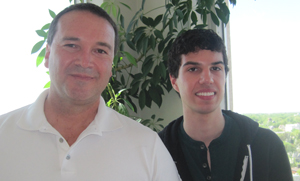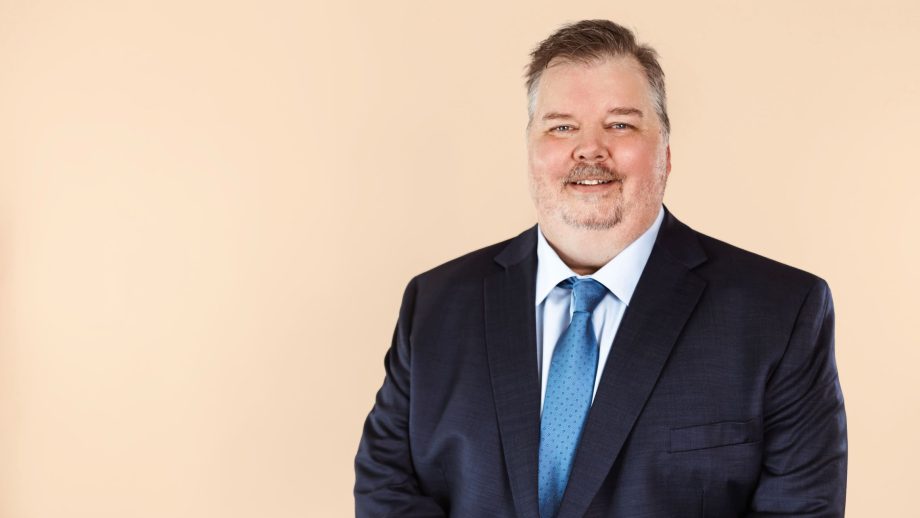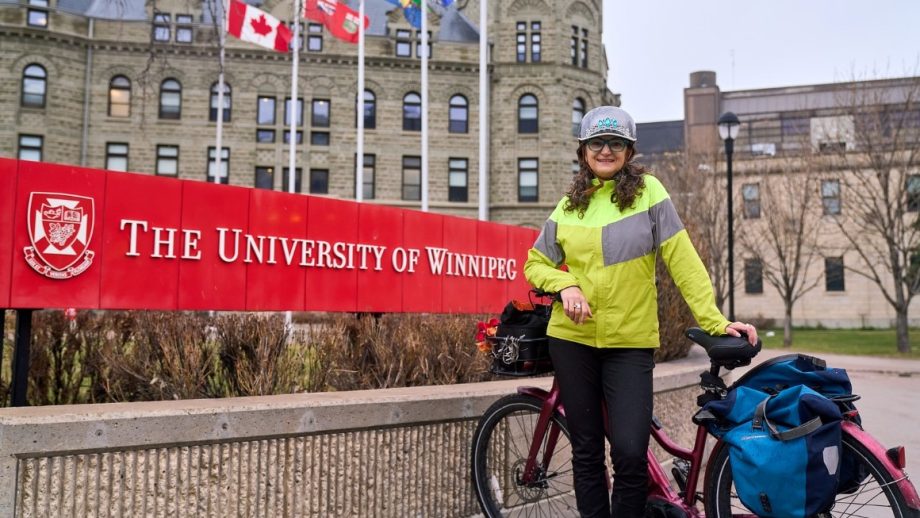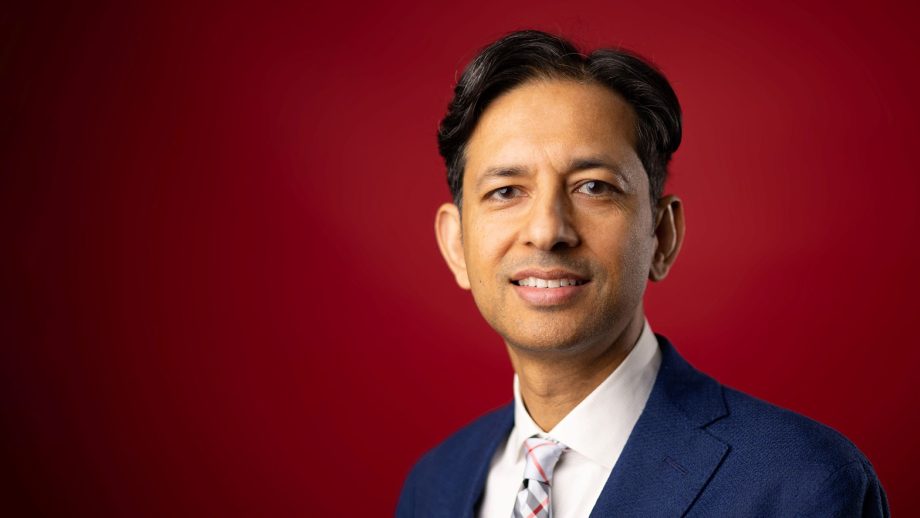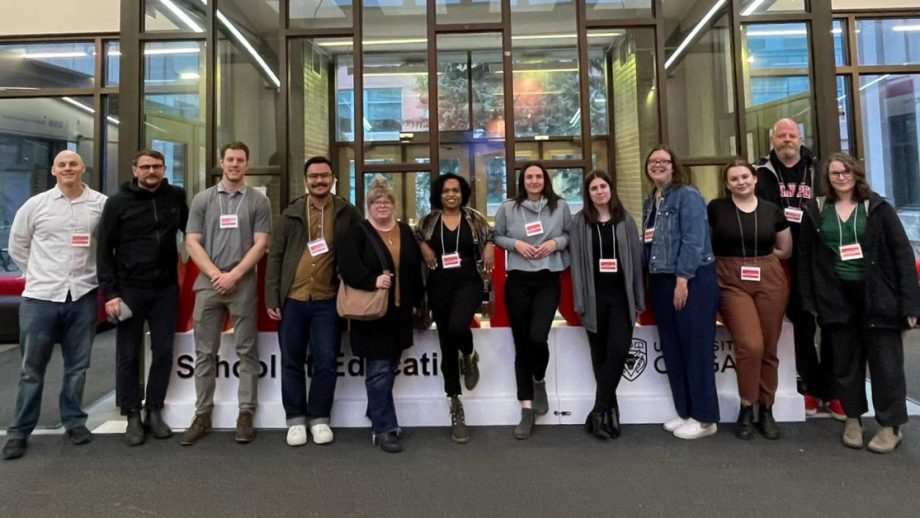WINNIPEG, MB – Thirteen graduate and undergraduate students from Winnipeg will travel to South Africa next week to learn first-hand about the Apartheid experience, and how reconciliation is an essential part of healing. They will be joined by six South African students who are also taking the summer course. The University of Winnipeg Global College initiated the course, which includes two students from the University of Manitoba, along with the UWinnipeg students.
Bob Chrismas and Colin Bourrier are two of the students enrolled in the course. Chrismas is doing his Masters degree in Peace and Conflict Studies in a joint UWinnipeg-UM program while balancing his busy life with four teenagers and his full-time job as a Staff Sergeant with the Winnipeg Police Service. Devoted to life-long learning, he obtained a BA in Psychology from UWinnipeg and several years ago, graduated with a Masters in Public Administration.
“My professional interest is learning how to build trust with the Aboriginal community. This course gives me a deeper understanding of people’s perspectives and the value of human dignity,” said Chrismas. “It is about the true meaning of justice, in the broader sense of the word – social justice.”
Colin Bourrier is a third year student doing a Bachelor of Arts in Conflict Resolution Studies. He has a unique connection to South Africa, as his mother was born there and left with her parents when she was 14 years old to come to Canada. Bourrier grew up with stories but has never been to South Africa.
“I am really excited to be in a course learning with Canadian and South African students, from multiple perspectives,” said Bourrier. “I have a strong interest in human rights and conflict resolution as a model for reconciliation.” Bourrier hopes to pursue a degree in human rights or international law.
The two-week field course, starting in Cape Town and ending in Johannesburg, immerses students in the post-Apartheid experiences and efforts of truth-telling, memorialization, and reconciliation. Reconciliation projects, ranging from community-based initiatives to formal legislated undertakings such as truth and reconciliation commissions, will be examined in depth.
“I want students to get a richer understanding of how South Africa is dealing with the difficult legacy of Apartheid,” said Dean Peachey, Vice-Principal, Global College and instructor for the field course. “I hope students will apply those insights to the challenges Canadians are facing after centuries of conflict between Aboriginal people and other Canadians.”
The course is offered in partnership with Cornerstone Institute in Cape Town. Cornerstone is a small Christian college that emerged in the Cape Flats (historically “coloured” area of Cape Town) in the 1970s to educate church leaders. Early on, Cornerstone established practices in violation of the Group Areas Act, including housing students of different races together. Today Cornerstone continues theological programs with an emphasis on “public theology” as manifested in community development, peacemaking, and leadership development.
A reciprocal course is proposed in Canada for summer 2012 at UWinnipeg’s Global College, with a particular focus on Aboriginal experiences, the Truth and Reconciliation Commission of Canada, and the opening of Canadian Museum for Human Rights. The course would be open to a limited number of South African and Canadian students. The feasibility of the 2012 course will depend on securing funds to support the costs for the African students.
The University of Winnipeg Global College fosters global citizenship and engagement in human rights through interdisciplinary teaching, research, dialogue, and action in local and global communities.
MEDIA CONTACT
Diane Poulin, Communications Officer, The University of Winnipeg
P: 204.988.7135, E: d.poulin@uwinnipeg.ca

